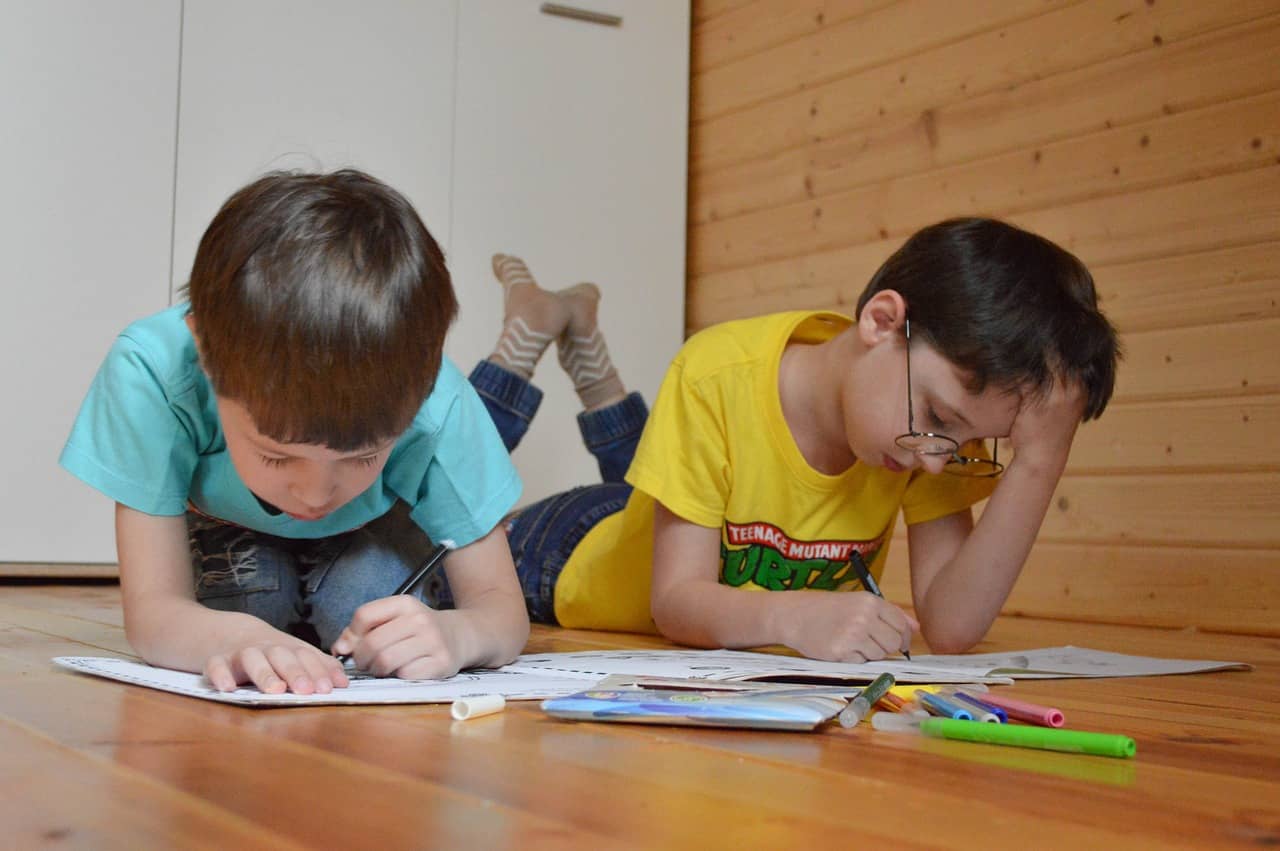Estimated reading time (in minutes)

When parents separate, custody and residency issues can arise. It is a difficult decision to make. Is it possible to test a residence mode beforehand to be sure of your choice? Are there any conditions to be met?
Yes, for alternating residence
The law only provides for the possibility of a trial period in the event of alternating residence , that is to say when the residence of the child is also fixed alternately at the domicile of each of the parents. The trial period is not a mandatory step for the family court judge, it is only one of the possibilities offered by law. The judge can therefore set the mode of stay without going through a trial period . The trial period is at the request of one of the parents, or in case of disagreement between them. In practice, the possibilities of a trial period for a mode of residence are wider. Indeed, the judge can fix a temporary mode of stay in the event of expertise or social investigation and this, while waiting for the report of the expert or the social investigator.
What conditions must be met?
If no condition is given by the texts, criteria nevertheless emerge from case law to be able to test alternating residence: the family court judge will look at the reception conditions and the proximity of the parents’ homes. He will also check their ability to organize themselves (for example, for their working hours), and will check the age of the children because this mode of residence is still decried for very young children. The shared residence on probation is above all a means of hoping for a consensus on the part of the parents. The judge can thus during this period, enjoin the parents to meet a family mediator in order to re-establish dialogue. He hopes that the parents themselves will find a solution as to the practical application of shared residence.
How long is the trial period?
There is no minimum or maximum duration set by law. It is up to the family court judge to set the duration. He makes an order with a new hearing date, during which the mode of stay will be discussed again. Generally, the duration of the trial period is between 6 and 9 months. This duration often depends on the circumstances of the case. For example, the timing of the sale of the marital home to see if the parents will stay close to each other, or the timing of the school year to fit the child’s schedule and not to disturb. in his schooling.
What happens at the end of the trial period?
The parents report to the judge on what happened during this trial period: what worked well or, on the contrary, what did not work. The child may possibly be heard by the family court judge. At the end of the period, either the judge validates the mode of stay, or he decides to modify it. Any decision concerning the mode of stay of a child is never final and can be modified in the event of the occurrence of a new element. The parent then seizes the judge who re-examines the situation.
Société d’Avocats DAMY , Nice, Separation: can we “test” the child’s home? 2022 Update
